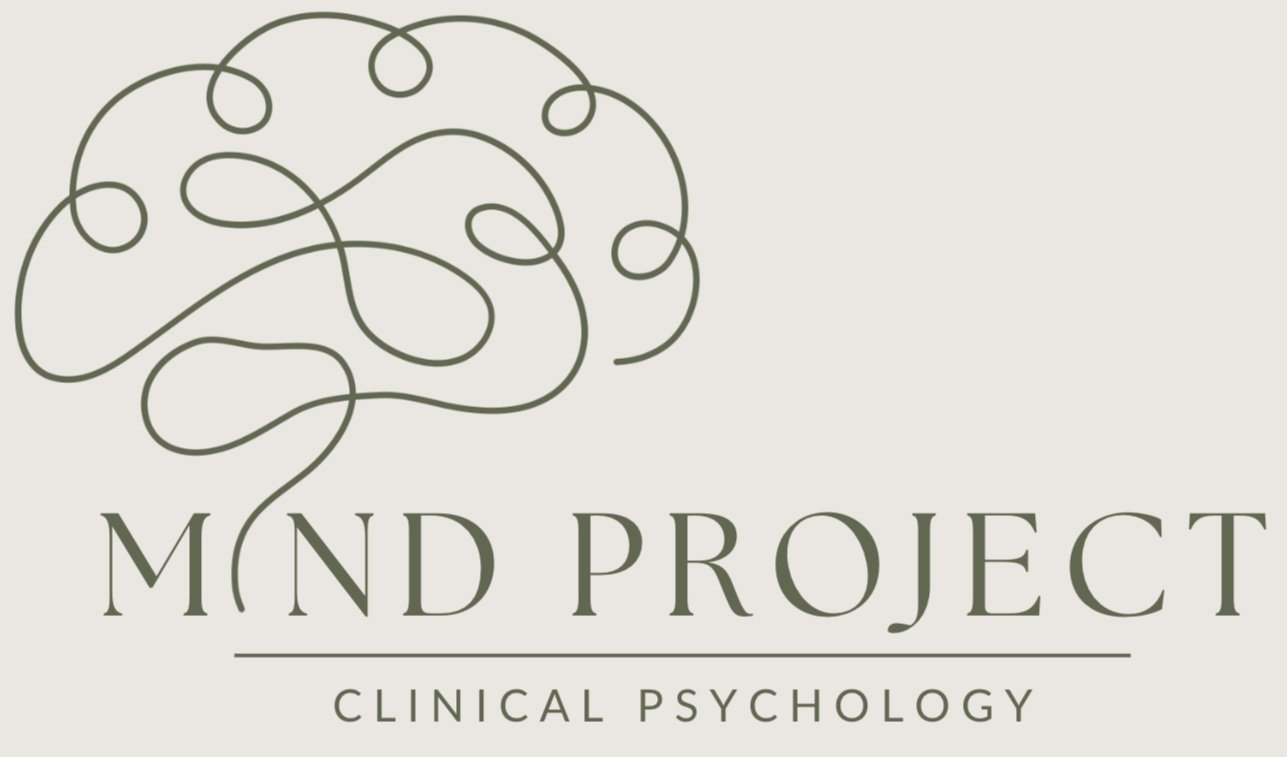How to Sleep Better Using Three Powerful Brain Chemicals
We all know sleep is vital—but if you struggle to fall asleep, stay asleep, or wake feeling refreshed, you’re not alone. Fortunately, understanding the brain chemistry behind sleep can help you make small but powerful changes.
In this blog, I’ll break down three key neurotransmitters that influence sleep—adenosine, melatonin, and noradrenaline—and how to harness them to improve your sleep naturally.
1. Adenosine: Building Sleep Pressure
Adenosine is a neurotransmitter that builds up in your brain the longer you’re awake. Think of it as “sleep pressure.” By the end of a full day, high levels of adenosine help you feel tired. During sleep, your body clears it out, which is why you feel refreshed in the morning.
How to boost adenosine for better sleep:
Wake up early: Staying up later doesn’t always help you sleep in longer. Getting up early increases adenosine by bedtime.
Exercise: Physical activity breaks down energy (ATP) into adenosine. More movement = more sleep pressure.
Avoid caffeine after midday: Caffeine blocks adenosine receptors, which is why that late afternoon coffee might be keeping you up.
2. Melatonin: Readying the Brain for Sleep
Melatonin is your brain’s natural “wind-down” signal. It helps quiet your mind and prepare your body for rest. It’s triggered by changes in light, particularly dimming light as evening sets in.
How to support melatonin production:
Dim the lights in the evening: Bright lights delay melatonin release. Use lamps or warm lighting after sunset.
Reduce screen time before bed: Blue light from devices tricks your brain into thinking it’s daytime. Limit screen use an hour before sleep or use blue light filters.
Seek sunlight in the morning: Exposure to natural light in the morning helps shut off melatonin and reset your sleep-wake cycle.
3. Noradrenaline: Calming the Arousal System
Noradrenaline keeps you alert and focused—but high levels at night can lead to racing thoughts or restless energy. If you’re lying in bed with a buzzing brain, noradrenaline might be the culprit.
How to calm noradrenaline at night:
Practise de-arousal techniques: Slow breathing, progressive muscle relaxation, yoga, or mindfulness can help reduce this arousal.
Write it down: If your mind is full of worries, try jotting them down before bed. This simple act can help you mentally “clock off” for the night.
Final Thoughts
Sleep isn’t just about what you do in bed—it’s about what you do all day. By understanding and supporting the natural rhythm of these three neurotransmitters, you can build a healthier relationship with sleep.
If sleep remains a struggle despite trying these strategies, consider speaking to a psychologist. Sleep is foundational to mental health—and there’s support available.
Next Steps:
Struggling to fall asleep, consider booking an appointment with one of our experienced clinical psychologists.
Enjoy our Free Worksheets that can assist sleep.
Remember, with the right approach, success is possible.
